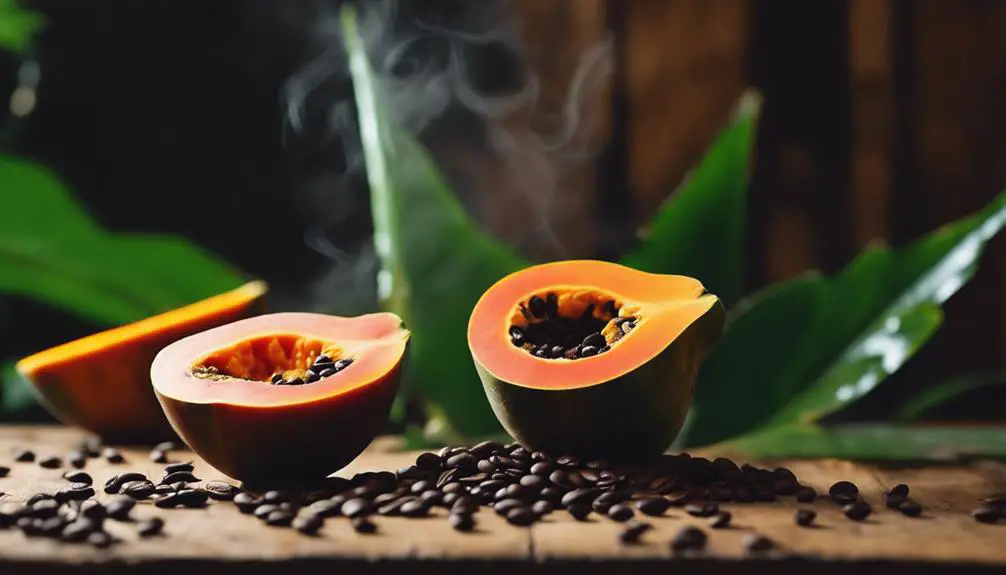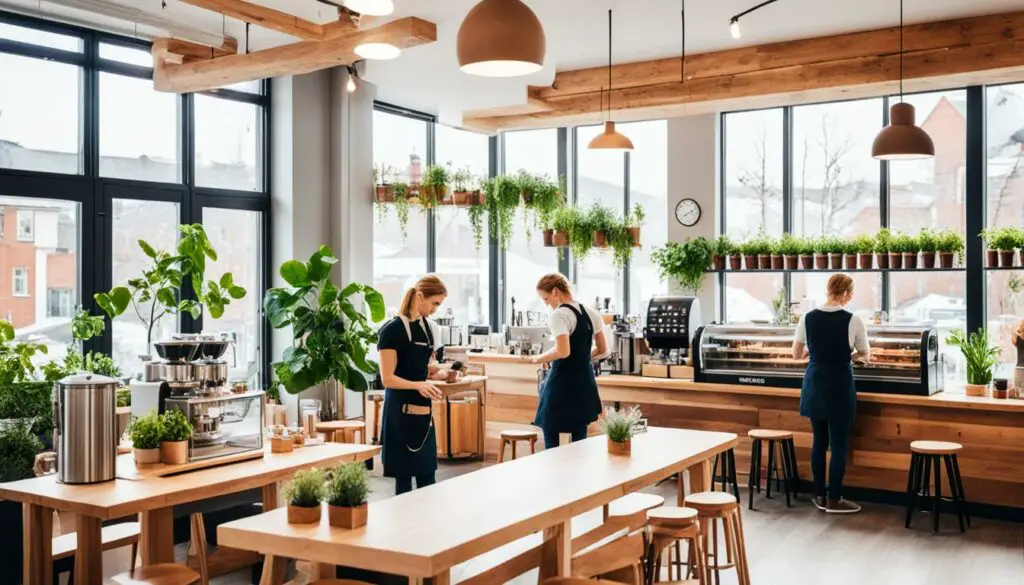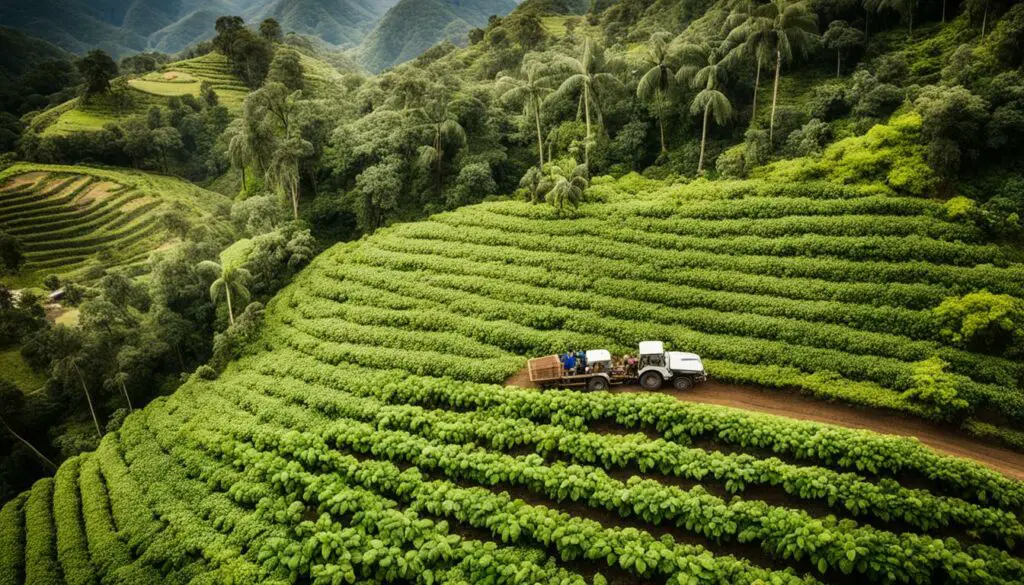Coffee filters, a seemingly innocuous part of our daily coffee routine, have a surprisingly significant impact on the environment. The sheer ubiquity of their use, with 79% of Americans brewing coffee at home every day, results in a staggering amount of waste that ends up in landfills.
The problem lies in the fact that these filters cannot be recycled due to the presence of coffee oils. However, there are alternative options that can mitigate this environmental burden. Composting coffee filters along with coffee grounds is a viable solution, with degradation taking 6-8 months.
Additionally, filters can be reused multiple times or repurposed for various uses, such as plant liners or grease strainers. Reusable filters made of stainless steel, cloth, or plastic provide a sustainable alternative to disposable paper filters. Furthermore, washing a reusable filter has a negligible impact on water conservation.
By adopting these sustainable practices, we can ensure that our love for coffee does not come at the cost of our planet.
What are the options?
When considering the environmental impact of coffee filters, it is important to explore the various options available for consumers.
While paper coffee filters are not recyclable due to coffee oils, they can be composted along with coffee grounds, taking approximately 6-8 months to fully degrade. Composting coffee filters not only reduces waste in landfills but also provides nutrient-rich soil for plants.
Additionally, coffee filters can be reused multiple times based on personal preference, reducing the overall consumption of filters.
For those looking for alternative options, reusable filters made of stainless steel, cloth, or plastic are available. These filters eliminate the need for disposable paper filters altogether, offering a more sustainable choice.
Furthermore, coffee filters have creative repurposing ideas such as being used as plant liners, for germinating seeds, straining grease, and neutralizing odors, extending their lifespan and minimizing waste.
Reusable vs Disposable
In the realm of coffee consumption, the choice between reusable and disposable filters presents a crucial decision for environmentally conscious individuals.
Reusable filters offer a range of benefits that make them an attractive option. Firstly, they eliminate the need for constantly purchasing and disposing of paper filters, reducing waste and the strain on landfills. Additionally, reusable filters can be made from sustainable materials such as stainless steel or cloth, further reducing their environmental impact.
- THE BEST FOR YOUR COFFEE: Start using natural, organic, sustainable filters for your coffee and taste the difference it can make every day. Our fabric is made to preserve the natural subtle flavors of even the highest grades of coffee.
Prices pulled from the Amazon Product Advertising API on:
Product prices and availability are accurate as of the date/time indicated and are subject to change. Any price and availability information displayed on [relevant Amazon Site(s), as applicable] at the time of purchase will apply to the purchase of this product.
On the other hand, disposable filters have a significant environmental impact. They cannot be recycled due to the coffee oils they contain, which means they often end up in landfills. Moreover, the production of disposable filters requires the use of resources and energy.
By opting for reusable filters, coffee lovers can take a small but significant step towards minimizing their ecological footprint.
Sustainable Choices
Sustainable choices play a crucial role in minimizing the ecological footprint associated with coffee consumption. Sourcing responsibly is an important aspect of making sustainable choices when it comes to coffee filters. Opting for filters made from sustainable materials, such as stainless steel or cloth, can significantly reduce waste. These reusable filters not only eliminate the need for disposable paper filters but also have a longer lifespan.
Washing a reusable filter has a negligible water conservation impact, making it an environmentally friendly option. Additionally, sourcing sustainable coffee beans is equally important for coffee sustainability. By choosing beans that are ethically and sustainably produced, consumers can contribute to the overall reduction of environmental impact associated with coffee production.
Making these sustainable choices can effectively reduce waste and promote a more eco-friendly approach to coffee consumption.













